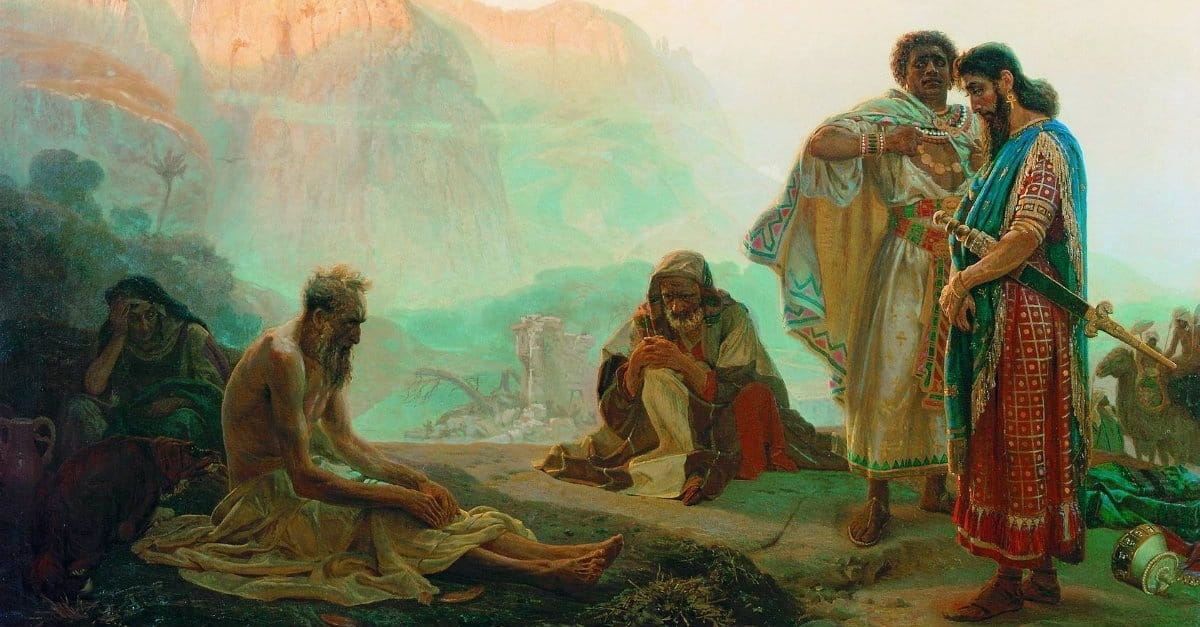
Isaac Newton, the famous mathematician and scientist, once wrote that ‘If I have seen further, it is by standing on the shoulders of giants’. It is customary on All Saints Day (1st November) for us to pause, acknowledge and give thanks for those who have walked before us and inspired us in the faith, whether these people are renowned church leaders or little known people who played an important part in our personal faith journey. They are the giants on whose shoulders we stand today.
As Melbourne emerges from our sixth and hopefully final Covid lockdown, it also seems appropriate to pause, acknowledge and give thanks for the thousands of people who have helped us through this pandemic, whether medical researchers, healthcare workers, teachers, delivery truck drivers, supermarket workers or cleaners. The pandemic has highlighted who really are ‘essential’ workers and how the burden of the pandemic has often fallen on their shoulders, often at significant personal cost.
The Bible readings set down for All Saints Day all highlight that new life often comes out of the worst of circumstances. Lazarus succumbed to an unnamed illness and died. Many people, including Jesus, are caught up in the circle of grief and loss. But then surprising and unexpected new life emerges as Jesus calls Lazarus back to life. We have been living through nearly two years of grief and loss caused by Covid. As we emerge from this experience, where have you found unexpected new life? For what are you especially thankful?


